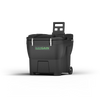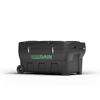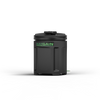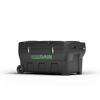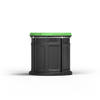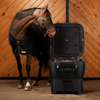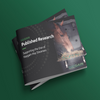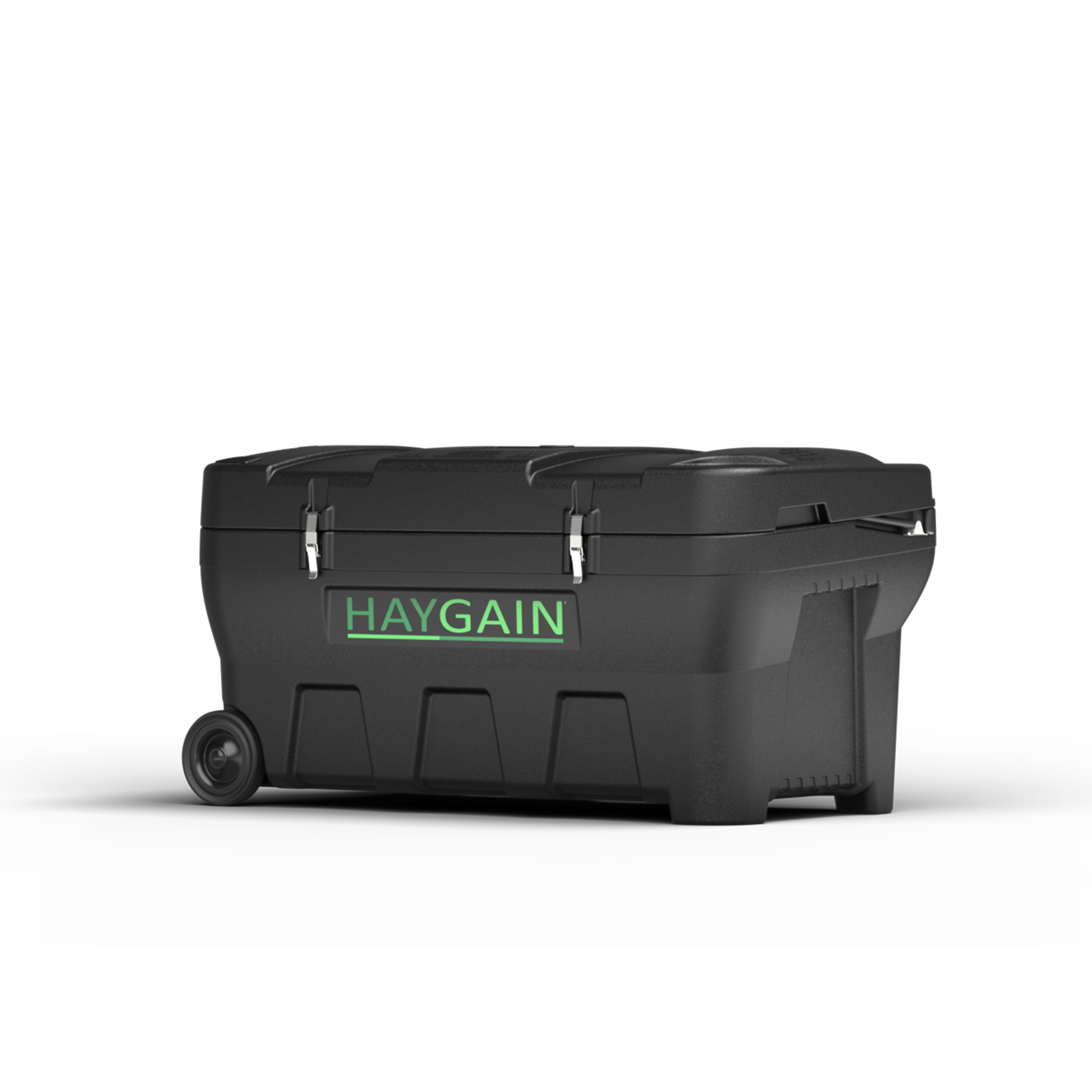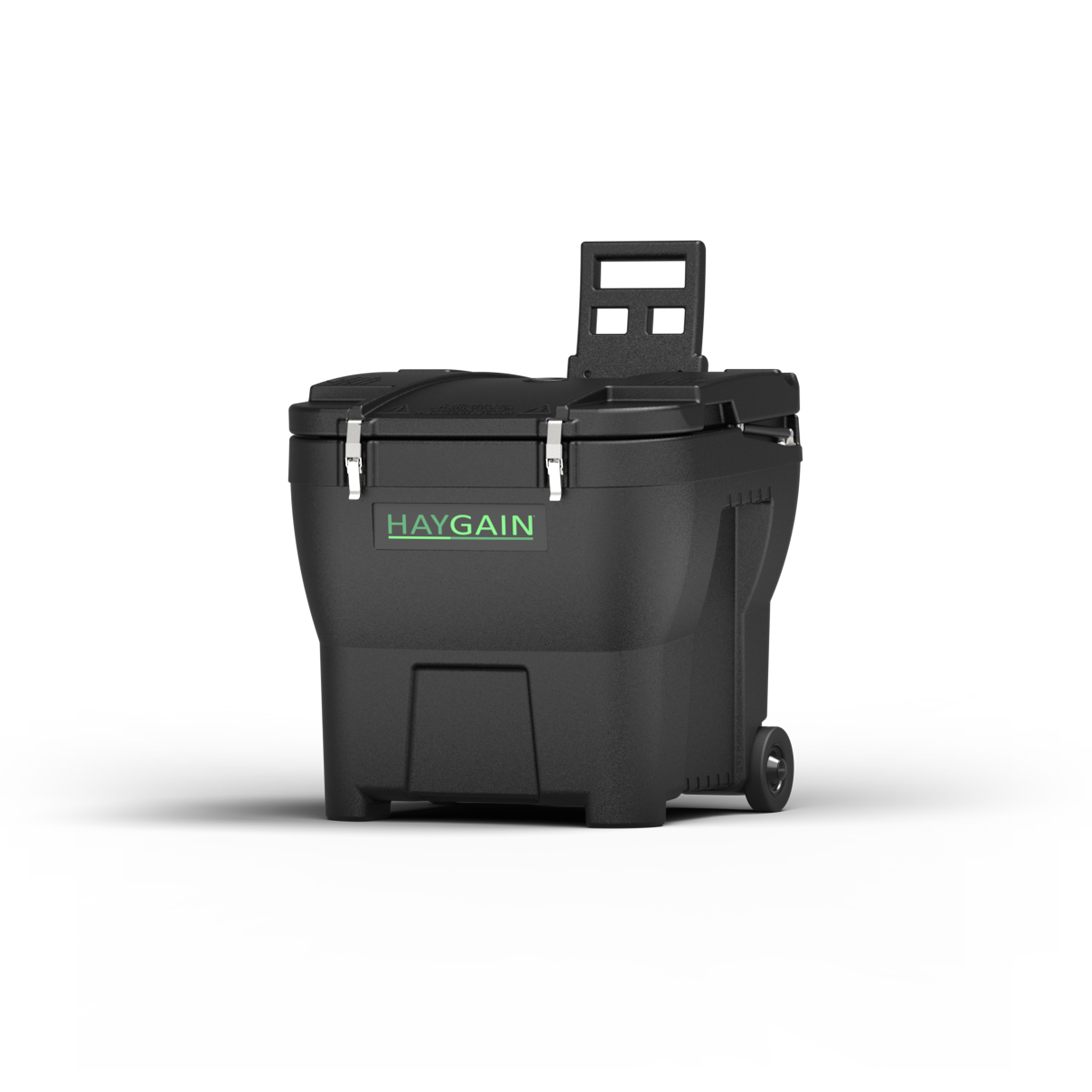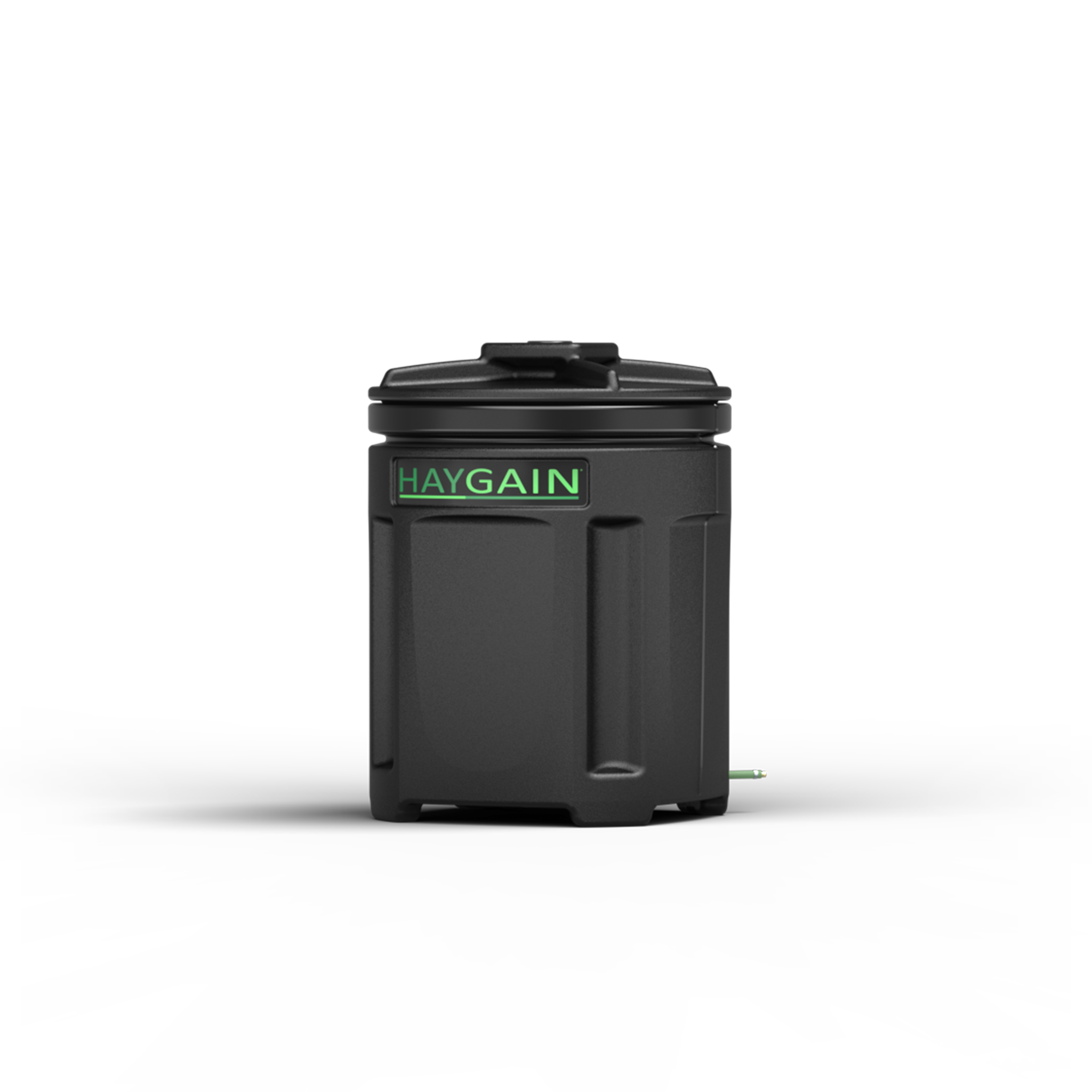
Whether a horse has orthopedic or abdominal surgery, it is very important to carefully manage their diet post-operatively. A common complication of surgery is ileus. Simply, ileus is the absence of movement of the GI contents. Even with extensive research, the exact cause of post-operative ileus is not entirely known. The reason for this is that the seemingly simple movement of ingesta down the GI tract is extremely complicated. A perfect dance between the central, autonomic, and enteric nervous systems all must occur to create the appropriate smooth muscle contractions to move the ingesta through the intestines.
 Since the physiology of GI motility is so complex (and not completely understood), the best way to combat ileus is to try prevent it. The way to prevent is to promote healthy GI motility the best we can. It is well known that horses are naturally meant to graze up to 18 hours a day and travel some distance while doing that. The slow and steady intake of grass as well as the exercise done while searching for good grass will stimulate the movement of a health GI tract. So, after a horse has had surgery of any kind, they have to stay in a stall and are most often being given a number of medications (which can also affect the GI motility). This is drastically different from their natural state. Additionally, most if not all horses are stressed while in the hospital. The stress and pain associated with their condition will significantly decrease their mood and appetite. So, a post-operative horse has many factors challenging their GI motility.
Since the physiology of GI motility is so complex (and not completely understood), the best way to combat ileus is to try prevent it. The way to prevent is to promote healthy GI motility the best we can. It is well known that horses are naturally meant to graze up to 18 hours a day and travel some distance while doing that. The slow and steady intake of grass as well as the exercise done while searching for good grass will stimulate the movement of a health GI tract. So, after a horse has had surgery of any kind, they have to stay in a stall and are most often being given a number of medications (which can also affect the GI motility). This is drastically different from their natural state. Additionally, most if not all horses are stressed while in the hospital. The stress and pain associated with their condition will significantly decrease their mood and appetite. So, a post-operative horse has many factors challenging their GI motility. 
Considering that a horse in hospital is stressed, painful, and often inappetent, it makes logical sense to find a non-invasive way to reduce some of those factors in an attempt to prevent a post-operative ileus. When a horse is stall bound, it is important to create as much of a “grazing” environment as possible.This is the best way to recreate a natural grazing pattern as well as hydrating the forage to mimic the grass they are not getting. In addition, a horse that is not eating well may be more interested in warm, sweet smelling steamed hay with the added bonus of reduced exposure to respirable dust, mould and bacteria rather than dry hay. Several studies have shown that horses prefer steamed hay over dry or soaked hay. When they are reluctant to eat, it is important to offer the most appetizing hay or fresh grass that you can to stimulate GI motility.
Find out more about the benefits of hay steaming.
